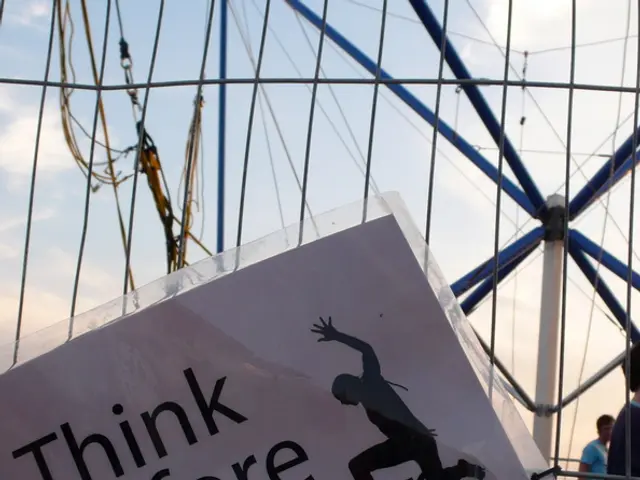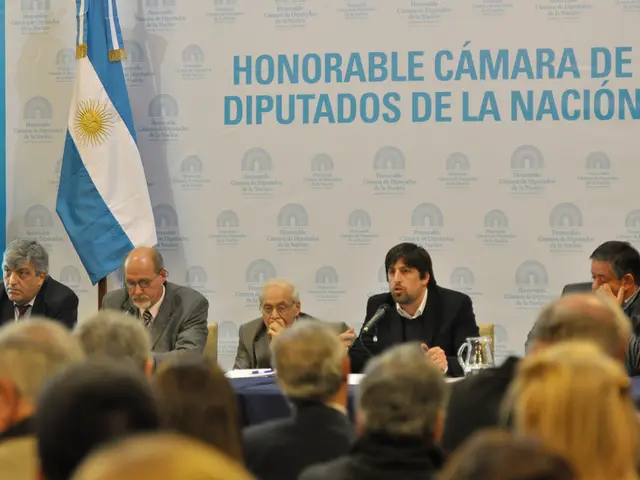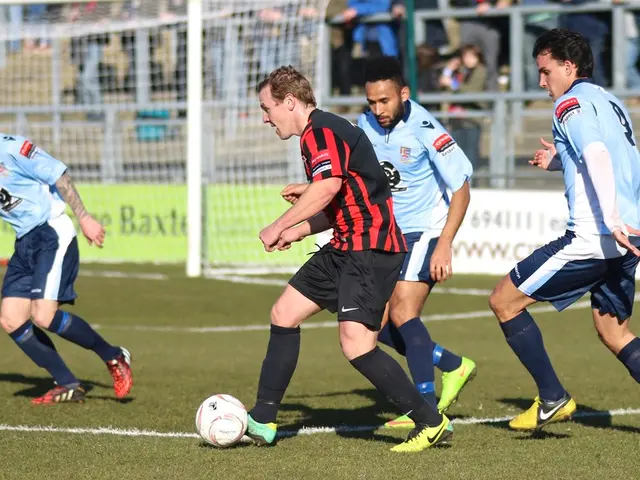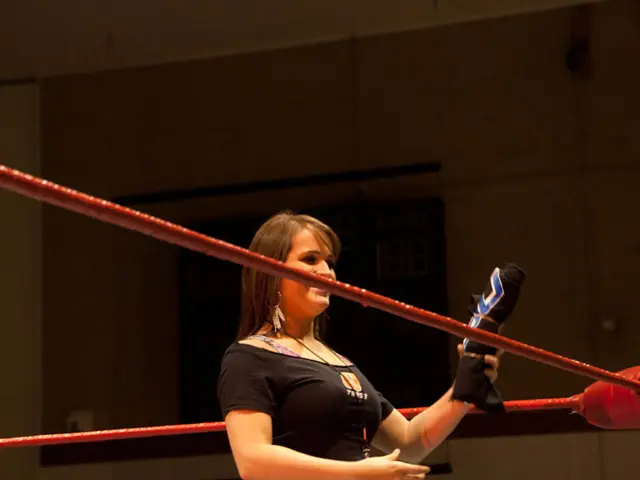Queer Rights Debate: A Shift Towards Rationality or Absurdity?
Retired NBA center Jason Collins, the first openly gay athlete to compete in one of North America's major leagues, has married film producer Brunson Green. The wedding ceremony took place in May by Lake Austin, Texas.
Collins and Green have been together since 2014, when Collins publicly announced his sexuality. The union, however, comes with added advantages in terms of protections and benefits, as Collins explained. Their marriage is particularly significant in the face of potential changes in laws regarding same-sex unions.
"We're getting older," Collins told reporters after the ceremony. "There are advantages when you're a married couple, especially in medical emergencies or when traveling. There are protections that come with marriage, and we wanted to solidify our relationship on our terms."
The Supreme Court's 2015 ruling paved the way for nationwide same-sex marriage. However, in a change-prone decade, laws and societal attitudes can shift dramatically. In 2025, several U.S. states have introduced measures aimed at undermining same-sex marriage rights or rolling back related protections. Michigan, where Collins and Green reside, is among these states.
Collins admitted that there are other NBA players who identify as part of the LGBTQ+ community but have not made their sexuality public. "There are others in the NBA community who I am aware of, but they are not ready to come out for a variety of reasons," he said. "I don't have a simple answer for that, but I do know that I am not the only one."
Despite the evident change in political sentiments, marriage remains a fragile and hard-won right. The Supreme Court's ruling did little to erase prejudice against same-sex couples any more than the 1967 Loving v. Virginia ruling ended racism.
Carl Jung asserted that the human mind oscillates between sense and nonsense, not between right and wrong.
In a decade marked by political polarization, marriage equality remains a contentious issue, with many Players and lawmakers using it as a rallying cry in their respective campaigns. The conversation about same-sex marriage is not a moral debate, but one of practicality versus fear.
Marrying your long-term partner, like Collins has done, makes perfect sense. Marrying out of fear of losing those rights, as many do in America in 2025, seems both understandable and contradictory. It is a tragic truth that the human rights of marginalized groups are often used as political bargaining chips.
In 2001, when Collins entered the NBA, nearly 60% of Americans opposed same-sex marriage. Today, attitudes have shifted, with over 60% supporting it, including 44% of Republicans.
Yet, marriage equality remains a vulnerable issue due to its political value during election seasons. Though it has been the law of the land for nearly a decade, efforts to undermine it continue. This conversation is not about right or wrong, but a struggle between reason and irrationality. Marrying out of love, as Collins did, is a testament to human connection, whereas marrying out of fear is a reflection of a deeply divided society.
- Jason Collins, the retired NBA player who tied the knot with film producer Brunson Green in Texas, admitted that there are other NBA players whoidentify as part of the LGBTQ+ community, but they have not made their sexuality public.
- Collins' union with Green is significant in the face of potential changes in laws regarding same-sex unions, especially in states like Michigan, where measures to undermine same-sex marriage rights or roll back related protections have been introduced.
- In a decade marked by political polarization, the conversation about same-sex marriage is not a moral debate, but a struggle between practicality versus fear, with many politicians using it as a rallying cry in their campaigns.
- Marrying out of love, as Collins did, is a testament to human connection, but marrying out of fear of losing rights, as many do in America in 2025, seems both understandable and contradictory, reflecting a deeply divided society.








